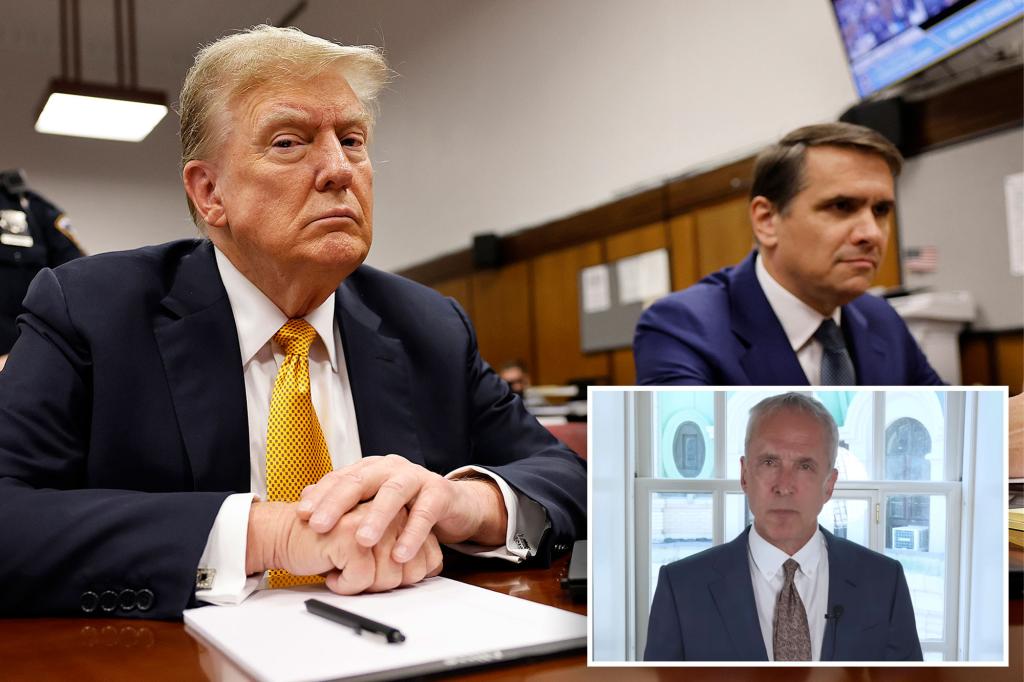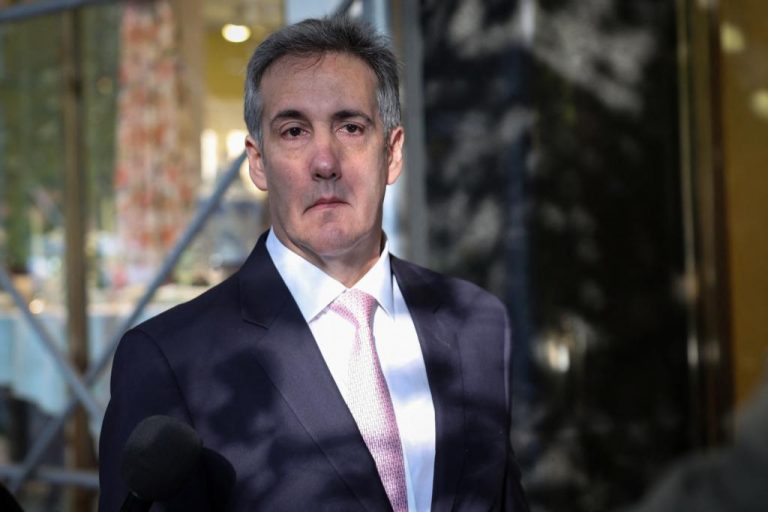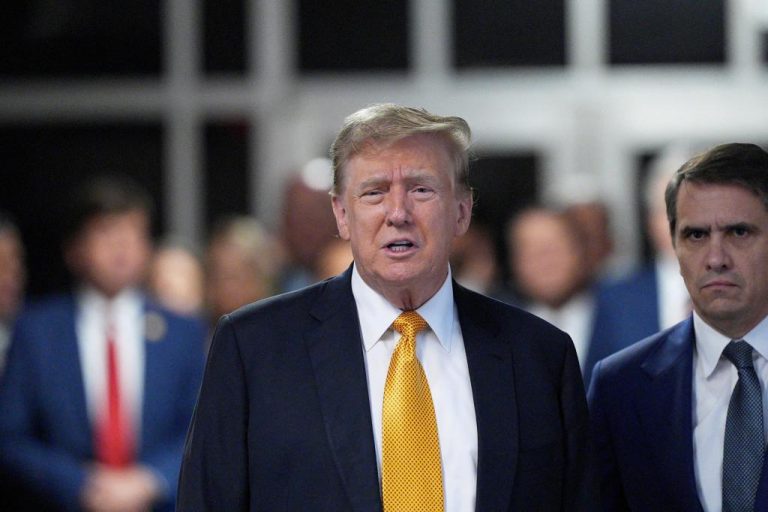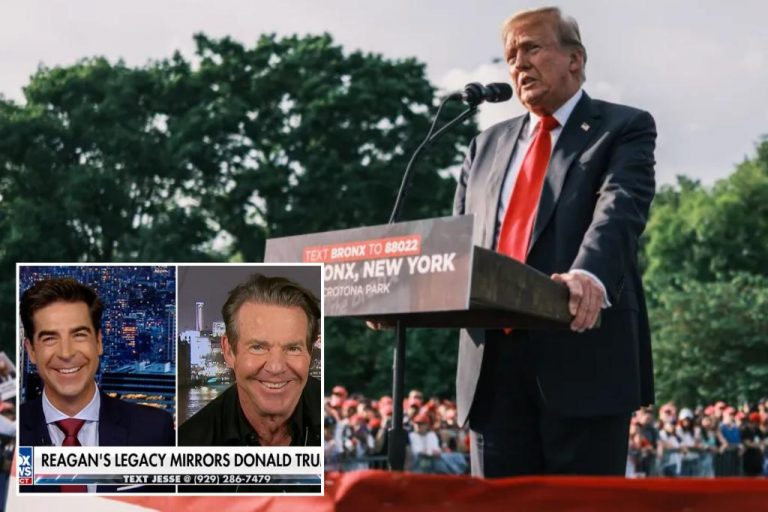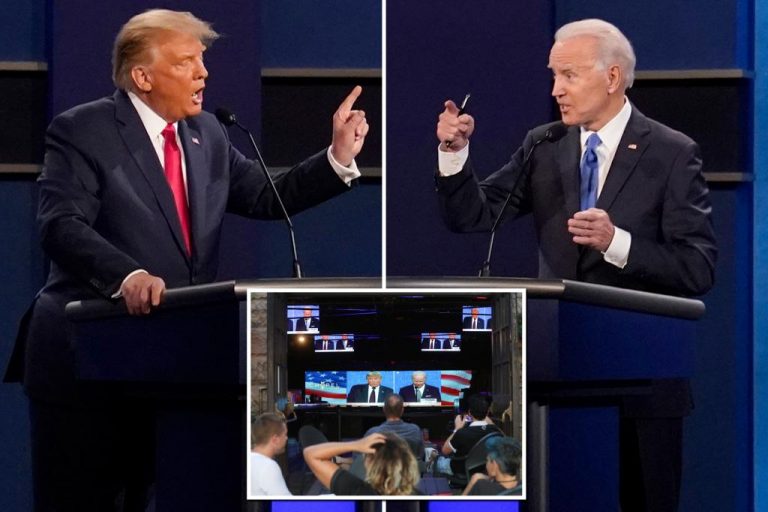Why Yale law professor believes Trump is not a convicted felon after guilty verdict
Donald Trump, the former President of the United States, has been a controversial figure long before his political career began. His time in office was marked by various scandals, allegations, and legal battles that have continued to make headlines even after his term ended. One of the most recent developments in Trump’s legal saga involves a guilty verdict in a case, but according to a Yale law professor, that doesn’t necessarily mean he is a convicted felon. Let’s delve into the details of this intriguing story.
The case in question revolves around the Trump Organization and its Chief Financial Officer, Allen Weisselberg. Both were indicted on charges related to tax evasion, and after a lengthy trial, Weisselberg was found guilty on several counts. However, Trump himself was not personally charged in this case, leading to speculation about his potential legal liabilities.
Despite not being directly implicated in the case, some legal experts argue that Trump could still face consequences due to his alleged involvement in the financial practices of his company. The guilty verdict for Weisselberg has raised questions about Trump’s own legal troubles, especially considering the ongoing investigations into his business dealings.
Amidst these uncertainties, a notable voice in the legal community has shared an interesting perspective on the matter. John Fabian Witt, a professor at Yale Law School, has weighed in on whether Trump should be classified as a convicted felon following the verdict in the Weisselberg case.
According to Professor Witt, the legal definition of a convicted felon is more nuanced than just receiving a guilty verdict in a trial. He points out that for someone to be considered a convicted felon, they must have exhausted all possible appeals and remedies in the legal system. In the case of Trump, who was not even charged in this particular trial, the question of his felon status becomes even more complex.
Professor Witt’s argument hinges on the distinction between being found guilty in a court of law and being officially classified as a convicted felon. While Trump may face potential legal challenges in the future, the current verdict against Weisselberg does not automatically make him a convicted felon in the strictest sense of the term.
This legal interpretation sheds light on the intricacies of the justice system and the importance of due process in determining an individual’s legal status. As the Trump Organization continues to be embroiled in legal battles and investigations, the distinction between being under scrutiny and being officially labeled a convicted felon becomes crucial.
It is worth noting that the legal landscape surrounding Trump and his business dealings is constantly evolving, with new developments and revelations emerging regularly. As such, the implications of the Weisselberg case on Trump’s legal standing remain a topic of debate and speculation among legal experts and the public alike.
Regardless of the outcome of these legal challenges, one thing is certain – the legacy of Donald Trump’s presidency continues to reverberate through the legal, political, and cultural spheres of American society. Whether he will be remembered as a convicted felon or not, only time will tell.


